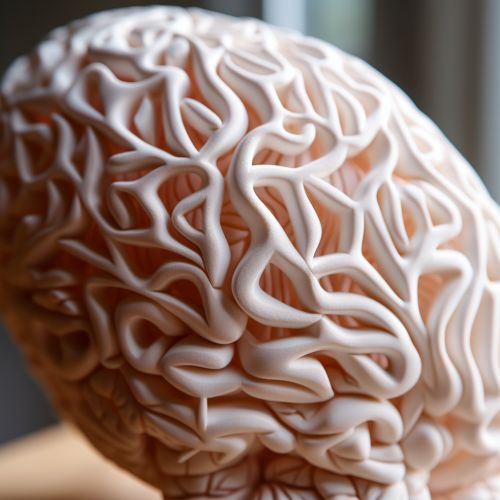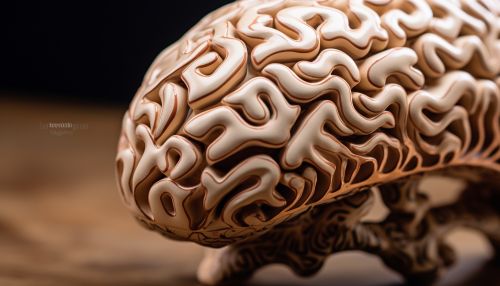Cognitive Bias
Overview
Cognitive bias refers to the systematic errors in thinking that affect the decisions and judgments that people make. Some of these biases are related to memory. The way you remember an event may be biased for a number of reasons and that in turn can lead to biased thinking and decision-making. Other cognitive biases might be related to problems with attention. Since attention is a limited resource, people have to be selective about what they pay attention to in the world around them. Because of this, subtle biases can creep in and influence the way you see and think about the world.


Types of Cognitive Biases
There are several different types of cognitive biases that can distort our thinking. Here are a few examples:
Confirmation Bias
Confirmation bias is the tendency to search for, interpret, favor, and recall information in a way that confirms one's preexisting beliefs or hypotheses. It is a type of cognitive bias and a systematic error of inductive reasoning. People display this bias when they gather or remember information selectively, or when they interpret it in a biased way. The effect is stronger for emotionally charged issues and for deeply entrenched beliefs.
Hindsight Bias
Hindsight bias is a psychological phenomenon in which people believe they knew something was going to happen before it actually happened. It's often referred to as the "I-knew-it-all-along" effect. This cognitive bias can lead people to believe they can predict future events more accurately than they actually can.
Anchoring Bias
Anchoring bias is a cognitive bias that causes us to rely too heavily on the first piece of information we are given about a topic. When making decisions, we anchor to the initial information and adjust our judgments up or down from that starting point, often insufficiently.


Self-Serving Bias
Self-serving bias is the tendency to attribute positive events to one's own character but attribute negative events to external factors. It's a common type of cognitive bias that has been extensively studied in social psychology.
Availability Heuristic
The availability heuristic is a mental shortcut that relies on immediate examples that come to mind. When you are trying to make a decision, a number of related events or situations might immediately spring to the forefront of your thoughts. As a result, you might judge that those events are more frequent and possible than others. You give greater credence to this information and tend to overestimate the probability and likelihood of similar things happening in the future.
Causes of Cognitive Biases
Cognitive biases are often a result of your brain's attempt to simplify information processing. Biases often work as rules of thumb that help you make sense of the world and reach decisions with relative speed. Some of these biases are related to survival. For example, the availability heuristic can help you make quick decisions when time is limited.


Impact of Cognitive Biases
Cognitive biases can lead to perceptual distortion, inaccurate judgment, illogical interpretation, or what is broadly called irrationality. They are often studied in psychology and behavioral economics. While biases can lead to less than optimal decisions and judgments, they are also a result of a natural and necessary mental process. Understanding these biases can provide a window into the cognitive processes that underlie our thoughts and decisions.
Overcoming Cognitive Biases
While it's impossible to eliminate cognitive biases, there are steps you can take to reduce their impact. Being aware of the biases you're susceptible to is a good first step. From there, you can seek out strategies to overcome them. For example, you might take steps to expose yourself to a wider array of perspectives and information. Or, you might seek out people and information that challenge your preconceptions.


